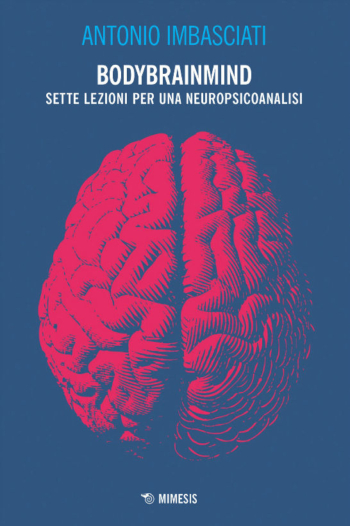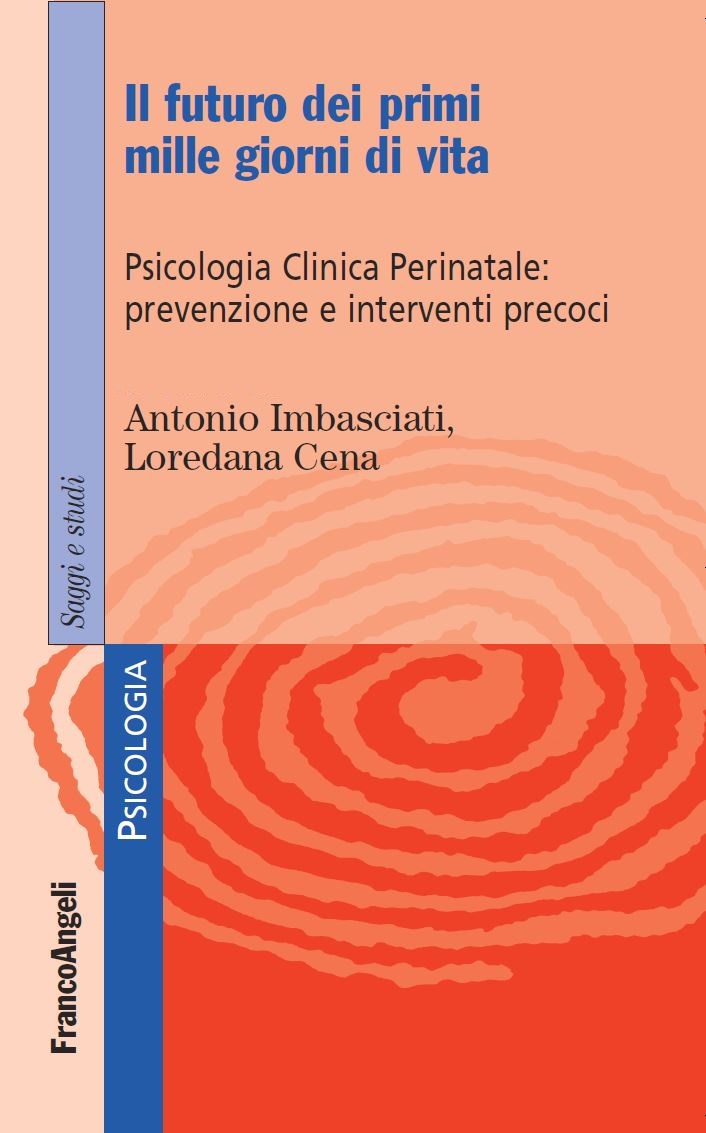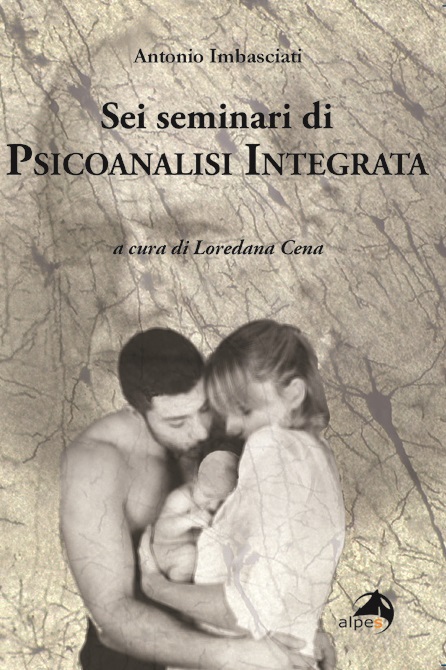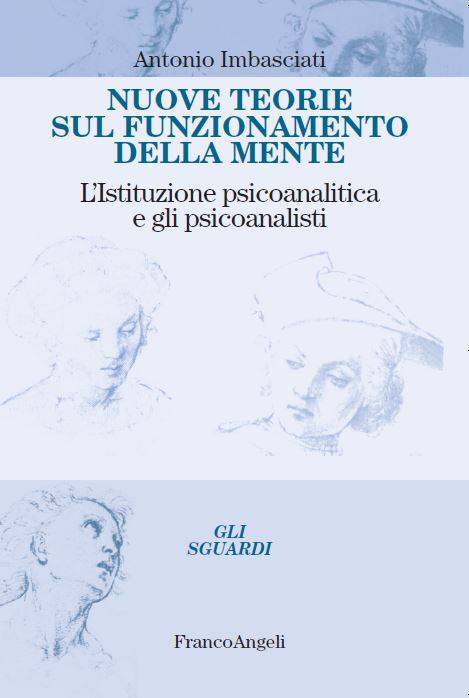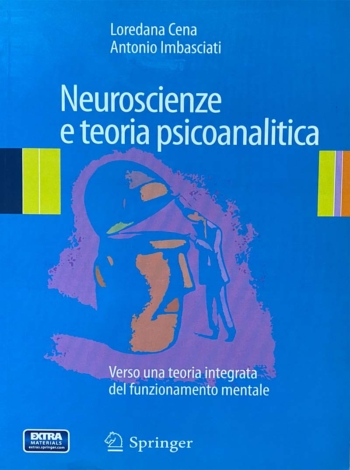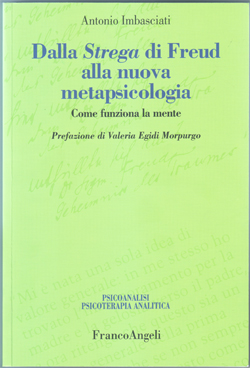4. New Psychoanalytic Theories
Neuropsychoanalysis aims to check the neurobiological processes which may explain what psychoanalysis describes as psychic emotional and unconsciouss events which drive human behaviours, motivations and individual life events, and what a person believes and thinks in his/her personal consciousness. This is the study about the relations between mind and brain.
Nobody has a mind equal to an other’s one, and Neuroscience has demonstrated thet nobody has the same brain of another human being. Brain is constructed (follow)
In the first thousand days of life, counting from conception, a first individual functional matrix – synaptic networks – is formed which will condition every subsequent elaboration of the life experiences of that individual and therefore every further construction of functionality in the individual’s brain, i.e. every subsequent neuro-psycho-somatic development of that person. This first […]
Freud founded psychoanalysis since more a century. His invention of a particular method in seeking into the mind allowed him a very important discovery and the constitution of a new science, which he expected to be developed.
In this last book (www.imbasciati.it) I have collected and tried to summarize the ideas I have developed by integrating different sciences of the mind during my long experience as a psychoanalyst, a researcher, then a professor, a trainer as well as a director of a university school. Throughout my professional life I aimed at systematizing, integrating and possibly unifying the diverse theories on the origins and functioning of the mind. In psychoanalysis these theories – although they were formulated over a century ago – are still mixed and confused in a state of inadequacy both in terms of epistemology and general culture. In my life, psychoanalysis has been the field where I have, most passionately, found implicit scientific limits in the institutions which have as their explicit goal the development of the science that Freud founded one-hundred years ago. But this is the case everywhere: Institution, as Elliott Jacques said, works against Organization. (…)
Today psychoanalytic clinical practice is not that Freud’s. Infant and infant-with-mother/parents psychoanalysis opened up large perspectives that have deeply affected the whole psychoanaltic theory and practice. Psychoanalytic clinical practice changed and progressed greatly. But in its theoretical frame today psychoanalysis has a number of concepts and theories, so that a confusion and different laguages have developed. This is due to an obstinate almost religious preservation of old concepts along new ones. In particular energy-drive concepts of Freud’s Metapsychology contradict the progress of current psychoanalysis, and yet they are used. (…)
In Freud’s time “psychology” was a proper psychology of consciousness: it meant what one could consciously know about himself. Freud discovered unconscious events: he must explain to his contemporary scientists how these phenomena could exsist an how an unconscious mind might function. He wrote his metapsychology (1915): “meta” (=beyond) would say that mind could be considered also beyond consciouseness psychology. He supposed that the unconscious was moved by an instinctual force (libido) for which he used the german word “trieb” (=push). This word was hardly transalated as “drive” and in neolatin as“pulsion” . (…)

